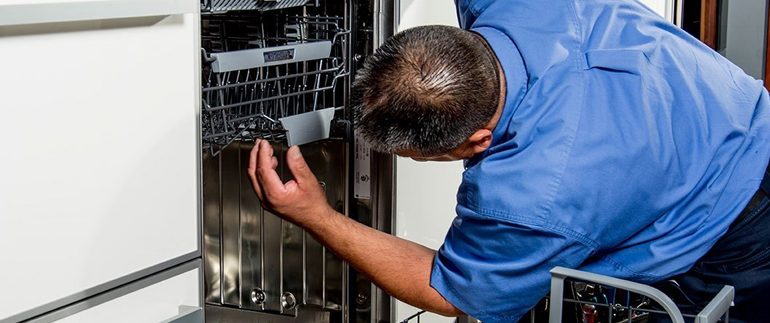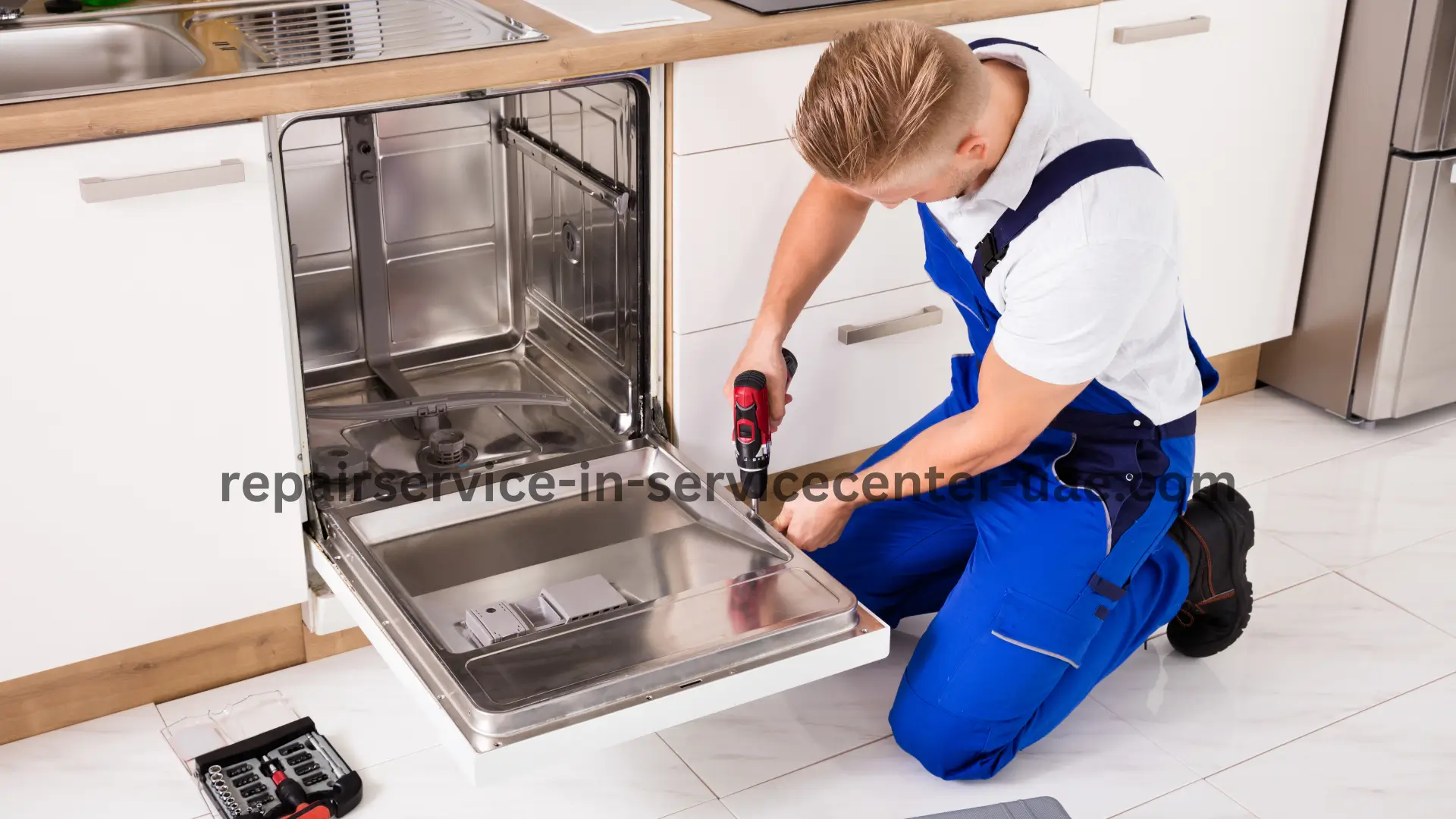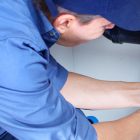Understanding Dishwasher Error Codes
Dishwashers have become essential appliances in modern homes, making the chore of washing dishes quick and efficient. However, like any complex machine, dishwashers can experience issues that lead to error codes being displayed. Understanding dishwasher error codes can help you diagnose and solve problems without needing to call in a professional. In this guide, we will explore common dishwasher error codes, what they mean, and how you can address these issues.
Introduction to Dishwasher Error Codes
Dishwasher error codes are part of the appliance’s self-diagnostic system. When the dishwasher encounters a problem, it generates an error code that appears on the display panel. These codes are designed to help you identify the specific issue with your dishwasher, making troubleshooting much easier.
What Are Dishwasher Error Codes?
Dishwasher error codes are alphanumeric signals that correspond to specific problems within the appliance. Each manufacturer may have different codes and meanings, but the purpose remains the same: to guide users in diagnosing issues. Error codes can indicate a variety of problems, such as water supply issues, drainage problems, heating element failures, or electronic malfunctions.
Why Understanding Dishwasher Error Codes is Important
Understanding dishwasher error codes is crucial for several reasons:
- Quick Diagnosis: Identifying the problem quickly can prevent further damage and reduce repair costs.
- Cost Efficiency: Knowing what the error code means allows you to decide whether you can fix the issue yourself or need to hire a professional.
- Maintenance: Understanding common issues helps you maintain your dishwasher better and avoid future problems.
- Peace of Mind: Knowing how to interpret error codes reduces anxiety when problems arise, as you’ll have a clearer idea of what needs to be done.
How to Access Dishwasher Error Codes
To access dishwasher error codes, consult your dishwasher’s manual for instructions on how to display error codes. Many modern dishwashers come equipped with digital displays that automatically show the error code when a problem occurs. If your dishwasher does not have a digital display, it might use a combination of blinking lights or sounds to indicate errors. Always refer to the user manual for specific instructions related to your model.
Common Dishwasher Error Codes and Their Meanings
Let’s dive into some common dishwasher error codes you might encounter, what they mean, and potential solutions.
E1 or F1: Water Supply Error
Meaning: The dishwasher is not getting enough water.
Causes:
- The water supply valve is closed or partially open.
- There is a kink in the water supply hose.
- The inlet valve is clogged or faulty.
Solutions:
- Check that the water supply valve is fully open.
- Inspect the water supply hose for kinks or damage and straighten it if necessary.
- Clean the inlet valve filter to remove any debris that might be blocking the water flow.
- If the problem persists, the inlet valve may need to be replaced.
E2 or F2: Drainage Error
Meaning: The dishwasher is unable to drain water properly.
Causes:
- The drain hose is kinked or clogged.
- The drain pump is faulty.
- The garbage disposal or sink trap is clogged.
Solutions:
- Check the drain hose for kinks or clogs and clear any blockages.
- Ensure that the garbage disposal and sink trap are clear of obstructions.
- Inspect the drain pump for damage or blockages. If the pump is faulty, it may need to be replaced.
E3 or F3: Heating Element Error
Meaning: The dishwasher is not heating the water to the required temperature.
Causes:
- The heating element is faulty or damaged.
- The thermostat or temperature sensor is malfunctioning.
Solutions:
- Test the heating element for continuity using a multimeter. If it’s not working, replace it.
- Check the thermostat and temperature sensor for proper operation and replace them if necessary.
E4 or F4: Overflow Error
Meaning: The dishwasher has detected a water overflow.
Causes:
- Too much detergent was used, causing excessive suds.
- The float switch is stuck or malfunctioning.
- There is a leak in the dishwasher.
Solutions:
- Use the correct amount of detergent to prevent excessive suds.
- Check and clean the float switch to ensure it’s moving freely.
- Inspect the dishwasher for leaks and replace any damaged parts.
E5 or F5: Door Error
Meaning: The dishwasher door is not closing properly.
Causes:
- The door latch is broken or misaligned.
- There is an obstruction preventing the door from closing.
Solutions:
- Inspect the door latch and adjust or replace it if necessary.
- Ensure there are no obstructions preventing the door from closing properly.
Troubleshooting and Resolving Dishwasher Error Codes
Understanding what each dishwasher error code means is only half the battle. The next step is to troubleshoot and resolve these issues. Here are some tips to help you get started:
Step-by-Step Troubleshooting Guide
- Identify the Error Code: Check the display panel or manual to understand the specific error code shown.
- Consult the User Manual: The user manual is a valuable resource that provides details on error codes specific to your dishwasher model.
- Check for Simple Solutions: Before attempting more complex repairs, always look for simple solutions such as checking water supply connections or cleaning filters.
- Use Proper Tools: Ensure you have the correct tools and replacement parts before attempting any repairs.
- Safety First: Always disconnect the dishwasher from the power supply before performing any repairs to avoid electric shock.
- Seek Professional Help: If you are unable to resolve the issue on your own, contact a professional appliance repair technician at 0508700774.
Preventing Future Errors
While it’s important to know how to troubleshoot dishwasher error codes, prevention is always better than cure. Here are some tips to help prevent future errors:
- Regular Maintenance: Perform regular maintenance on your dishwasher, such as cleaning filters and checking hoses for leaks or damage.
- Proper Loading: Ensure dishes are loaded correctly to prevent overloading and blockages in the spray arms or drain.
- Use the Right Detergent: Use only dishwasher-specific detergents to prevent excess suds and residue.
- Monitor Performance: Pay attention to any unusual noises or performance issues and address them promptly.
- Professional Inspection: Schedule periodic inspections by a professional to ensure all components are in good working condition.
How to Interpret and Use Dishwasher Error Codes Effectively
Dishwasher error codes can be intimidating at first, but with the right approach, they can be valuable tools in maintaining your appliance. Here’s how to effectively interpret and use these codes to your advantage.
Using Error Codes for Maintenance
- Regular Monitoring: Keep an eye on error codes that appear frequently. They may indicate recurring issues that require attention.
- Documentation: Document the error codes you encounter and any actions taken to resolve them. This information can be helpful for future reference or when consulting a technician.
- Understand Patterns: Some error codes may occur under specific conditions. Understanding these patterns can help you identify the root cause of the problem.
When to Call a Professional
While many dishwasher error codes can be resolved with simple troubleshooting, some issues may require professional assistance. Here are a few signs that it’s time to call a technician:
- The error code persists despite troubleshooting efforts.
- You are uncomfortable performing the necessary repairs.
- The dishwasher is still under warranty, and self-repairs may void it.
- The problem involves complex electrical or mechanical components.
In such cases, don’t hesitate to reach out to a professional appliance repair technician at 0508700774 for expert assistance.
Conclusion
Understanding dishwasher error codes is an essential skill for any homeowner. By learning to interpret these codes and perform basic troubleshooting, you can save time and money while keeping your dishwasher in optimal condition. Remember that regular maintenance and proper usage are key to preventing issues, and never hesitate to seek professional help when needed.
If you’re facing persistent issues or need expert guidance, contact a professional at 0508700774 for assistance. By staying informed and proactive, you can ensure your dishwasher runs smoothly for years to come.






Recent Comments